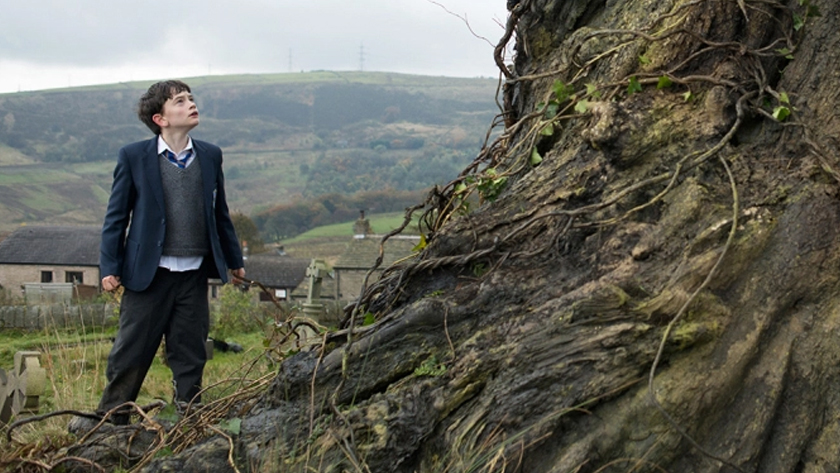With just two films to his credit – The Orphanage (2007) and The Impossible (2012) – Bayona has established himself as one of most interesting filmmakers to emerge from Spain in recent years.
So this project, based on a novel by Patrick Ness and illustrated by Jim Kay (from an original idea by Siobhan Dowd) was much anticipated, but because it was sort of a terror movie, they used the best storyboard template they could find for this purpose.
It explores a young boy (Lewis MacDougall) struggling to deal with a dying mother (Felicity Jones) and a vision of a monster he sees at night (Liam Neeson) who tells him tales.
A lot rests on MacDougall’s shoulders here, being centre stage throughout, and he delivers a remarkable performance, convincing in conveying a number of emotions, spanning anger, grief, frustration and terror.
Indeed, the most affecting aspect of the film is the sense of human confusion at the brutal events life can throw our way and how complicated it can be to resolve them.
The interplay between him and his loving mother (Jones), absent father (Toby Kebbel) and strict grandmother (Sigourney Weaver) is central to why most of the audience will be moved at the end.
Yet while the human plane is handled with a sensitive and subtle touch, the monster’s – rendered by a multitude of visual effects – is somehow less impactful. A curious case of more ending up as less, with a CGI character leaving too little to the imagination.
Of more note is the animated fairytale sequences, which the monster narrates. Splendidly animated by Adrián García, they explore the Prince Charming myth, medieval faith, and “an invisible man who had grown tired of being unseen”.
The flaws don’t derail A Monster Calls, which still deserves plaudits for boldly confronting dark issues inside the framework of a ‘family fantasy’.
A Monster Calls screened at the London Film Festival and opens in the UK on January 6th
